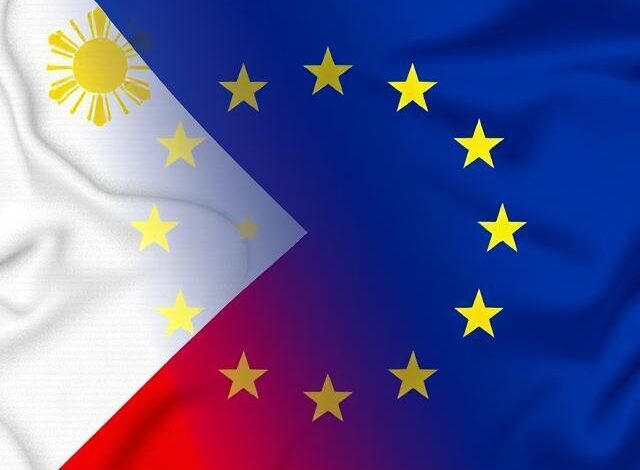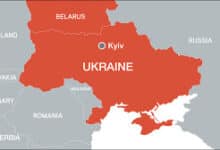Philippines Removed from EU High-Risk Money Laundering List

In a significant move, the European Commission has officially removed the Philippines from its list of jurisdictions at high risk for money laundering. This development marks a notable milestone for the Southeast Asian nation, which now commits to maintaining its momentum in combating financial crimes. Philippines EU money laundering
The Philippine Department of Justice (DOJ) has expressed its determination to persist in the fight against illicit activities such as money laundering, terrorism financing, and proliferation financing.
On Friday, the European Union announced the delisting, citing the country’s successful efforts to address prior deficiencies. The DOJ stated that the Philippines has “effectively addressed [its] technical deficiencies on AML/CFT (anti-money laundering/counter-terrorism financing)… aligned with international standards.”
Justice Secretary Jesus Crispin Remulla affirmed, “The delisting is an affirmation of our government’s unyielding stand against money laundering and terrorism financing. It will serve as a catalyst for the DOJ to further strengthen the rule of law not just within the Philippines, but at a global stage.”
Earlier this year, the Philippines celebrated its removal from the Financial Action Task Force’s “grey list,” a roster of countries considered vulnerable to financial crimes. The country had been on the list since 2021, primarily due to issues surrounding casino junkets involved in money laundering and inadequate prosecution of terrorism-related cases. The removal came after the nation successfully completed an 18-point action plan designed to reinforce its financial integrity. Among the reforms were increased investigations and prosecutions of financial crimes, greater scrutiny of non-financial sectors including casinos, and the adoption of advanced fraud detection technologies to identify illicit activities.
The Philippines’ anti-money laundering framework has evolved considerably over the years. While the Anti-Money Laundering Act was enacted in 2001, it initially did not encompass the gaming industry, which was often linked to financial crimes. It was only with the passage of Republic Act 10927 in 2017 that all Philippine casinos—whether land-based, online, or ship-based—became “covered persons” under the law.
Read also: Esports Charts named finalist for Esports Awards’ Content & Coverage Platform of the Decade
Recently, the government has taken decisive steps to curb gaming-related illegalities. Notably, President Ferdinand Marcos Jr. ordered the suspension of Philippine Offshore Gaming Operations (POGOs) last July, amidst widespread reports of financial misconduct, online scams, and human trafficking.
An editorial in the Manila Bulletin reflected on these developments, stating, “The Philippines has made tangible progress in aligning with international standards” on AML/CFT. However, the piece cautioned, “The delisting from the EU watchlist is a milestone to celebrate – but it is not an endpoint.”
It emphasized that this achievement should serve as a stepping stone toward building a more transparent, reliable, and inclusive financial system. To sustain this progress, the country must remain vigilant and adaptable in addressing emerging threats. As the editorial concluded, “In doing so, the Philippines can earn not just regulatory approval, but also the long-term trust of investors, partners and citizens alike.”













